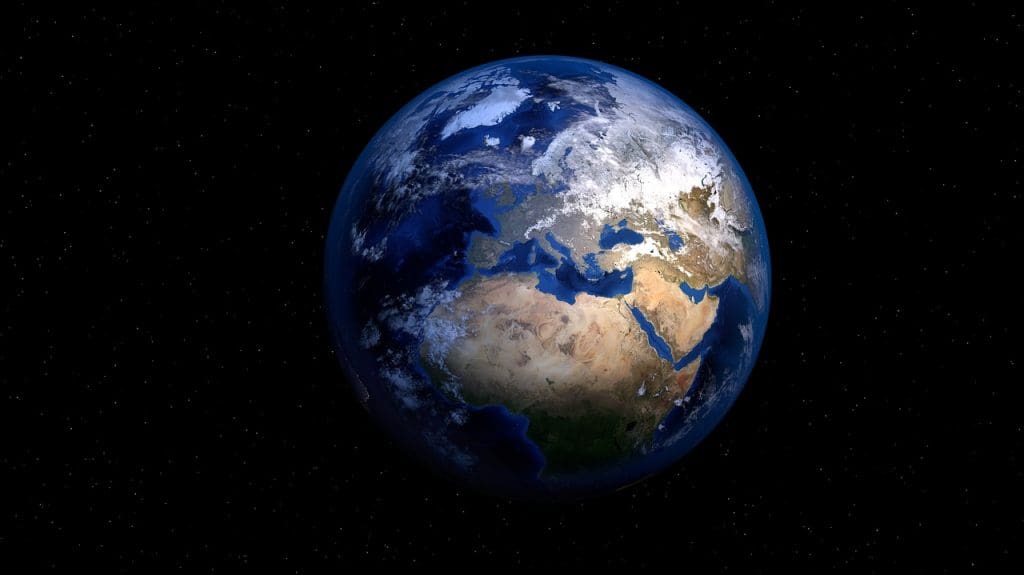Our micro biome link to planet Earth

It is now widely recognised that our gut flora – the bacteria, fungi, viruses and archaea living in our guts (known as our micro biome) – help to determine how stressed or relaxed we are, how happy or how depressed we feel, how our bodies develop and how well we fight disease. Given that these micro-organisms were the first things to inhabit our planet, scientists are now convinced that our micro biome connects us to The Earth (or Gaia).
We have around 10 times more microbial individuals in or on our bodies than we have individual cells of our own. Our microbiome secrete bioactive molecules, some of which switch our genes on and off, and it seems very likely that our gut microbiome produces molecules that affect patterns of neuronal connections and firings in our brains – and so impact our mood.
Archaea and bacteria were the very first organisms to live on our planet, appearing at least 3,500 million years ago. They are our most ancient ancestors. All organisms with nucleated cells such as ourselves, plants, fungi, algae and protozoa owe our origins to bacterial cells long ago that started to live one inside the other, a relationship that Schumacher College teacher Lynn Margulis dubbed ‘endosymbiosis’.
We have Gaia’s (the Earth’s) microbial intelligence, her soil, her ancient ones, her
first born, in our very guts and all over our bodies
The mitochondria that give us our energy were once free-living bacteria, as were chloroplasts, those green corpuscles that engage in solar-powered, oxygen-producing photosynthesis within the green world of plants, algae and bacteria. Now it turns out that we’ve discovered a new, more recent kind of symbiosis – that between the microbiome and its host.
There are huge implications here not just for health, but also for our understanding of ecology and evolution. Does the microbiome influence the behavioural choices of creatures in the wild, thereby impacting on their possibilities for survival and reproduction? Does an organism’s ‘fitness’ depend on the taxonomic diversity of its microbiome, and does this depend on the diversity of food species it ingests from its surrounding biotic community? These and other profound scientific questions raise their heads as this research continues to develop and unravel.
But the consequences of this research spread out beyond science, since now we discover that we are not who we thought we were. We are not at all entirely human. In fact, cell for cell, we are mostly non-human – our bodies are constituted of associations of symbiotic microbes, as Lynn always said. The same is true for all multicellular beings – for birds, trees, dogs, cats, earthworms and more. In them too Gaia is primarily microbial.
So those microbial Gaian inhabitants we carry as symbionts in our guts – they determine how we feel, how we think, how we grow, how well we defend ourselves from disease. We harbour microbiota on our skin, and most probably in our bones. We have Gaia’s microbial intelligence, her soil, her ancient ones, her first born, in our very guts and all over our bodies.
She colonises us with her thriving microbial biosphere and we must welcome the invasion, for it makes us who we are. Can we let ourselves feel what it means, in our lived experience, to be so deeply connected to our living planet, to our wider body in this way, through our micro biome? Even one millisecond of such a knowing, of such a realisation, is a healing gift – perhaps the greatest gift of all – the gift of deep belonging, of deep ecology, given us by the teeming organisms of our microbiome, our partners in Gaia.
Adapted from an article by Dr Stephan Harding, who leads the MSc Holistic Science Programme at the Schumacher College in Totnes, Devon
